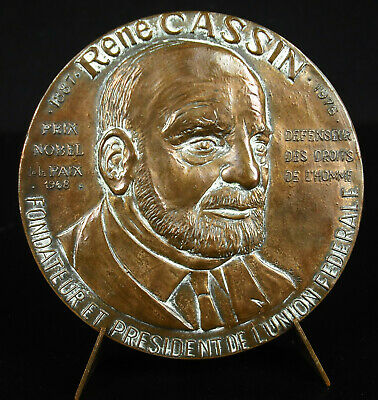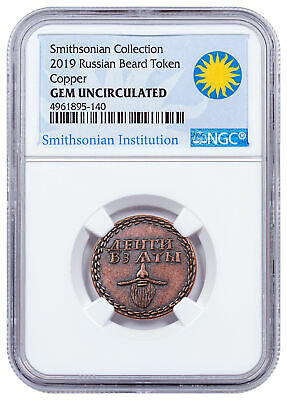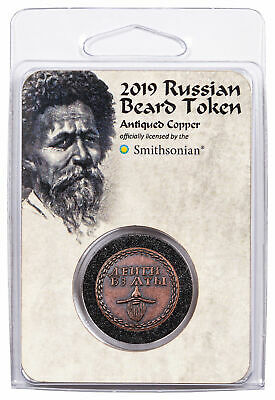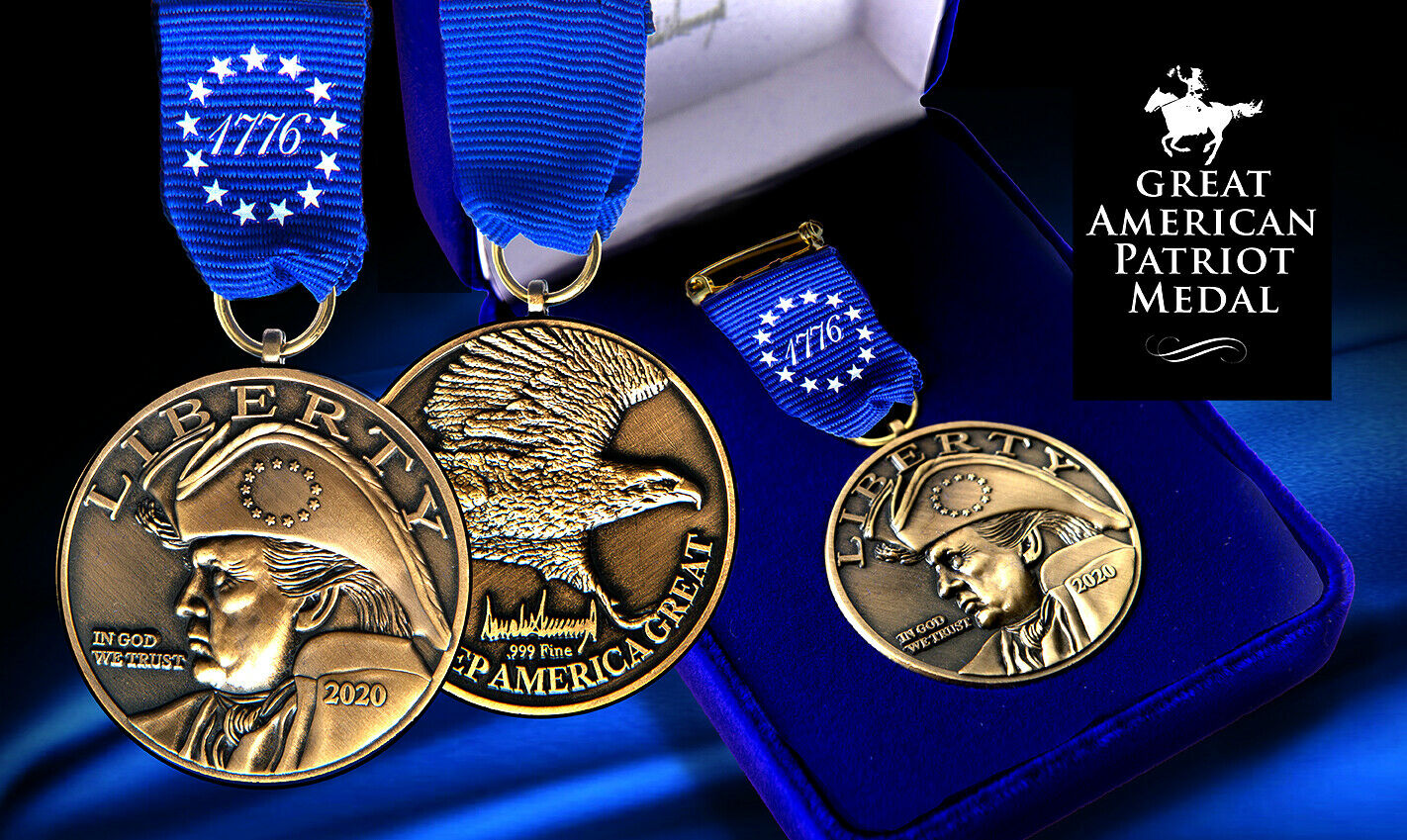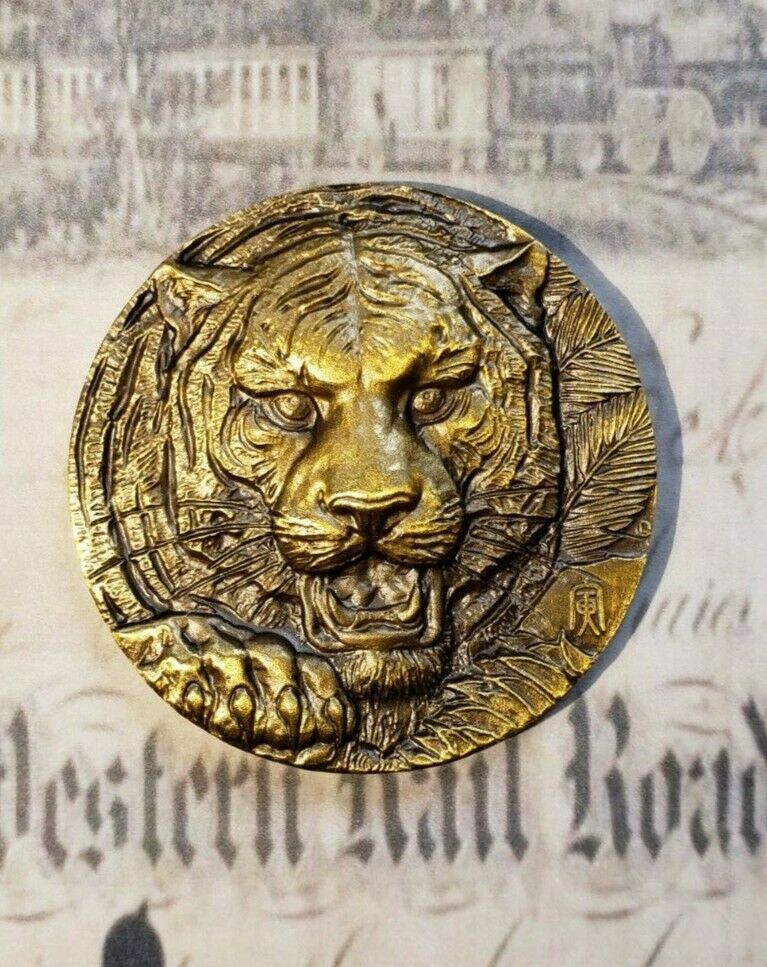-40%
Medal Rene Cassin Prix Nobel Price de La Paix To Jean Laurin 7.1oz Medal
$ 59.06
- Description
- Size Guide
Description
159-tir53Bronze medal from the Monnaie de Paris (Horn mark from 1880).
Beautiful old patina, traces of oxidation.
Engraver
: He reads.
Dimension
: 68 mm.
Weight
: 201 g.
Metal
: Bronze.
Punch
: cornucopia + bronze.
.
René Cassin, born October 5, 1887 in Bayonne (France) and died February 20, 1976 in Paris (France), is a French lawyer, diplomat and politician.
Member of the government of Free France during World War II, he was rapporteur for the draft Universal Declaration of Human Rights at the UN General Assembly in 1948, vice-president of the Council of State in 1944 to 1959, and President of the European Court of Human Rights from 1965 to 1968. In 1968, he received both the Nobel Peace Prize and the United Nations Human Rights Prize. René Cassin was born in Bayonne to Jewish parents: his mother, née Gabrielle Dreyfus, was of Alsatian origin; his father, Azaria Cassin, a wine merchant in Nice, descended from Portuguese Marranos Jews established in this city. His uncle, Chief Rabbi Honel Meiss, prepares him for his Bar Mitzvah1.
As a teenager, he passionately follows the echoes of the Dreyfus affair. After attending the Lycée Masséna in Nice, he studied law at the University of Aix-Marseille, and in Paris. He obtained a degree in literature in 1908, then a doctorate in legal, economic and political sciences in 1914; he then became a lawyer at the Paris bar.
The same year, he was mobilized with the rank of master corporal. In October 1914, at the Saint-Mihiel salient, he was seriously injured in the stomach and legs by a burst of machine guns. Declared 65% mutilated, he will wear an abdominal belt all his life2. He was named to the Order of the Army and received the 1914-1918 War Cross with palm and the military medal3.
Reformed, René Cassin is returned to civilian life. He was a lecturer from 1916 at the Faculty of Law in Aix-en-Provence and in Marseille. Received agrégé de droit in 1920, he became a professor at the University of Lille, a position he held until 1929. He was then a professor at the Faculty of Law in Paris, where he taught almost until his death in 1976, with only one interruption during World War II. He also teaches at the Institute of Political Studies in Aix-en-Provence.
At the same time as his teaching, he became involved in national and international organizations in favor of ex-combatants and disabled persons from 19162.
He is one of the founders, secretary general4 and then president of the Federal Union of French associations of disabled, reformed, veterans, their widows, orphans and ascendants, which became the Federal Union of French associations of veterans and victims of war, the largest association of veterans of the interwar period2.
With Adrien Tixier at the International Labor Office, he advanced the reflection on the rights of ex-combatants (“right to reparation” for war victims, combatant card) and as such created in 1926 the third office within the 'National Office of a
Member of the government of Free France during World War II, he was rapporteur for the draft Universal Declaration of Human Rights at the UN General Assembly in 1948, vice-president of the Council of State in 1944 to 1959, and President of the European Court of Human Rights from 1965 to 1968. In 1968, he received both the Nobel Peace Prize and the United Nations Human Rights Prize. René Cassin was born in Bayonne to Jewish parents: his mother, née Gabrielle Dreyfus, was of Alsatian origin; his father, Azaria Cassin, a wine merchant in Nice, descended from Portuguese Marranos Jews established in this city. His uncle, Chief Rabbi Honel Meiss, prepares him for his Bar Mitzvah1. Reformed, René Cassin is returned to civilian life. He was a lecturer from 1916 at the Faculty of Law in Aix-en-Prov
